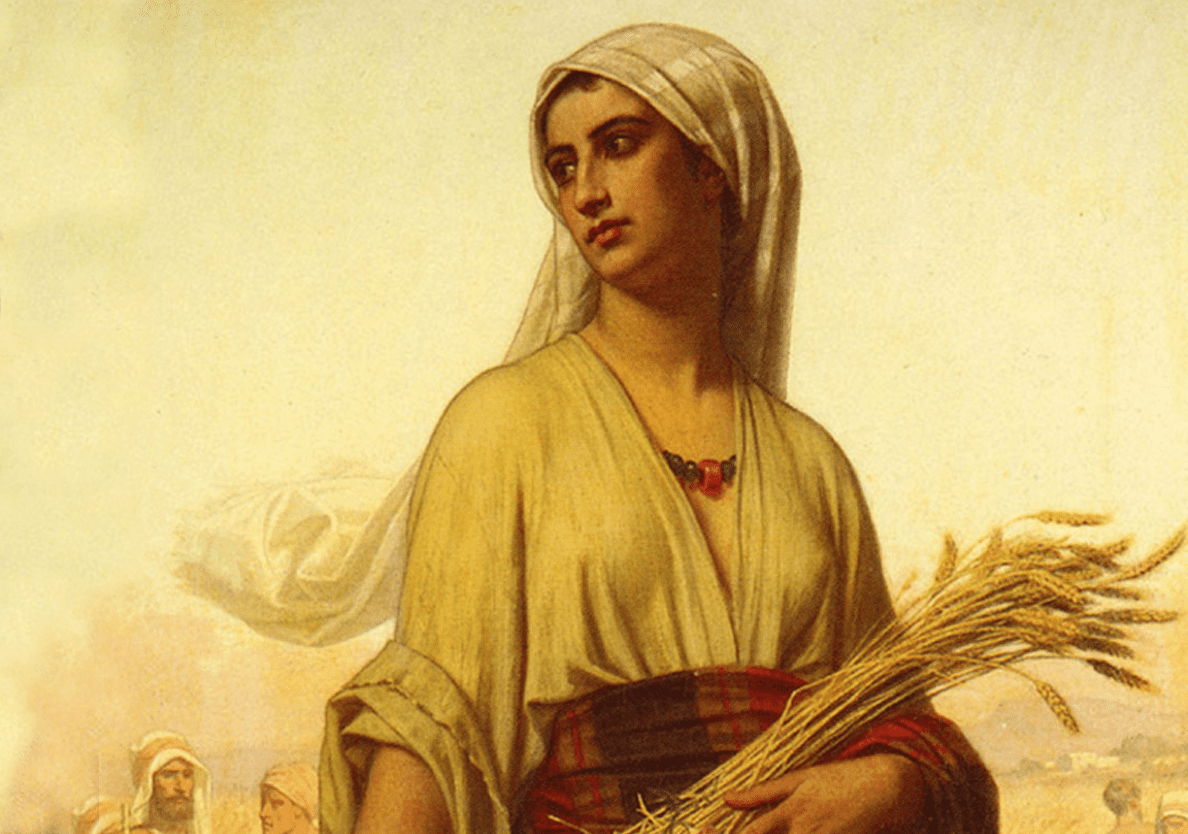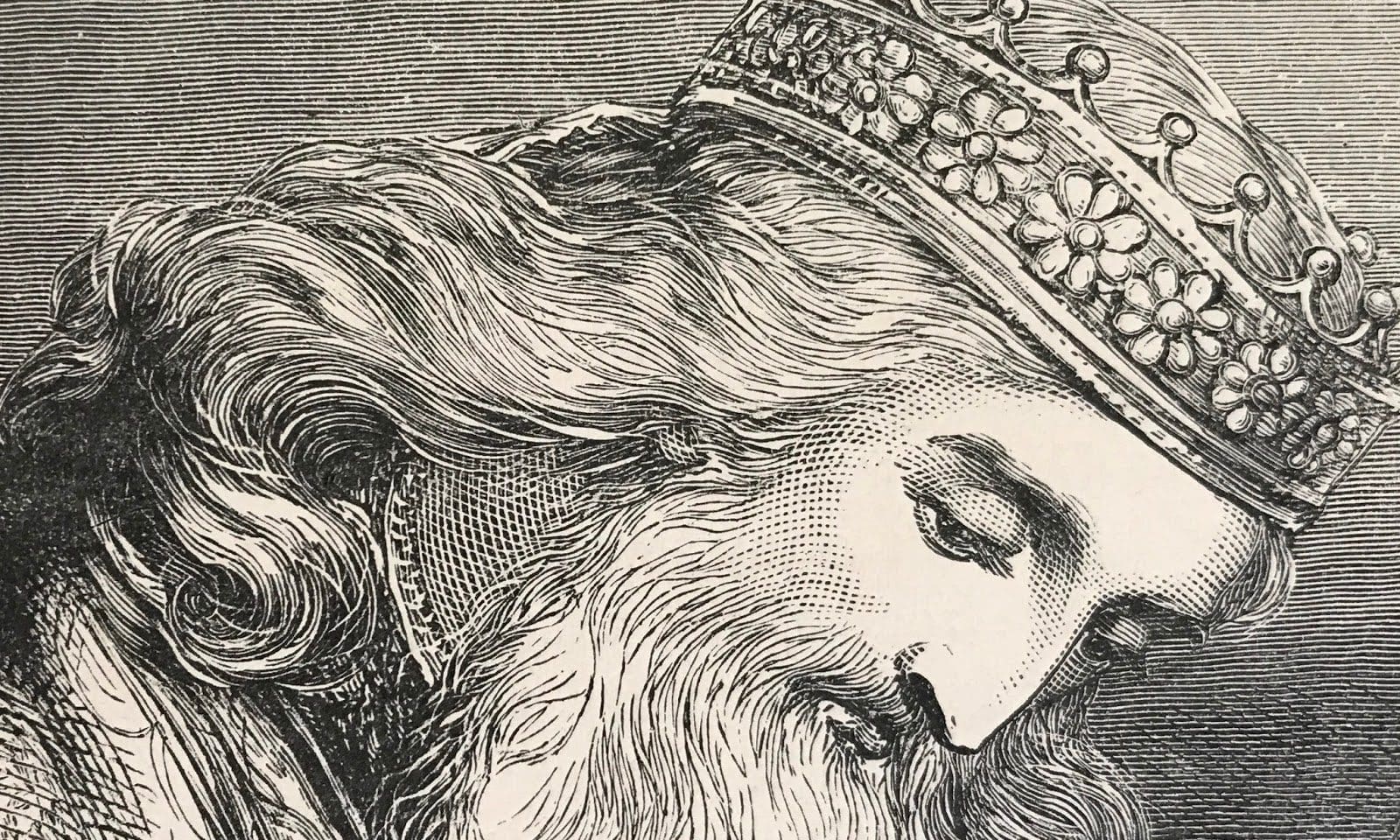Although King David was considered a standard by which all other Israelite kings were measured, there has been some question surrounding the legitimacy of his right to rule. This stems from Deuteronomy 23:2, which clearly states that “One of illegitimate birth shall not enter the assembly of the Lord; even to the tenth generation none of his descendants shall enter the assembly of the Lord.”
“May your house be like the house of Perez, whom Tamar bore to Judah, because of the offspring which the Lord will give you from this young woman.”
Ruth 4:12
David, of course, was the descendant of Perez who was the illegitimate child of Judah and Tamar. So, this family line, according to the Mosaic Law, was disqualified from entering the assembly of the Lord until the tenth generation. While the assembly of the Lord often refers to the Jewish people as a whole, in the context of Deuteronomy 23 it appears to be referring to any leadership role in either government or corporate worship. Hence, Judah’s line, up until the tenth generation, would be disqualified from entering into any leadership roles involving either “church or state.” Because some count David as only a ninth-generation descendant of Perez, they maintain that Biblically he should have been disqualified from kingship. And critics also who deny that the Scriptures are divinely inspired claim that this particular law overlooks the rest of the Bible and contradicts itself. However, the Bible does nothing of the sort. Far from overlooking this law, the Bible actually seems to acknowledge and celebrate David as the very fulfillment of it. This is seen in the Old Testament book of Ruth.


Ruth, a foreigner, married a Jewish man named Boaz. At their wedding celebration, a toast turned to prophecy: “May your house be like the house of Perez, whom Tamar bore to Judah, because of the offspring which the Lord will give you from this young woman.” (Ruth 4:12) To those familiar with the unfortunate and disgraceful episode of Judah and Tamar in Genesis 38, this remark seems more like a curse than a blessing. So, what is going on here? Could it be that this declaration in Ruth 4:12 was both acknowledging that the law in Deuteronomy 23 was still in effect but also looking forward to that tenth generation when the seed of Judah could finally serve in public office? Significantly, that tenth generation from Perez was none other than David. And to emphasize this, the book closes with David’s genealogy:[1]
Now this is the genealogy of Perez:
- Perez begot Hezron;
- Hezron begot Ram, and
- Ram begot Amminadab;
- Amminadab begot Nahshon, and
- Nahshon begot Salmon;
- Salmon begot Boaz, and
- Boaz begot Obed;
- Obed begot Jesse, and
- Jesse begot
- David (Ruth 4:18-22).
As the Bible shows, David is counted as the tenth generation, not the ninth as critics suppose. The “discrepancy” comes because they do not count Perez as a generation even though the Bible does. It was perfectly legal for David to occupy the throne. The sceptre had finally, and rightfully, come to Judah just as Jacob proclaimed in Genesis 49.

Ryan Hembree is a daily co-host, speaker, and writer of Bible Discovery. He also hosts a YouTube channel that shows the unity of the Bible and how science and Scripture fit together. Ryan also has an honorary Masters of Ministry in Creation Science from Phoenix University of Theology.
[1] Chuck Missler, Treasures in the Family Trees
https://www.khouse.org/articles/2004/522/






